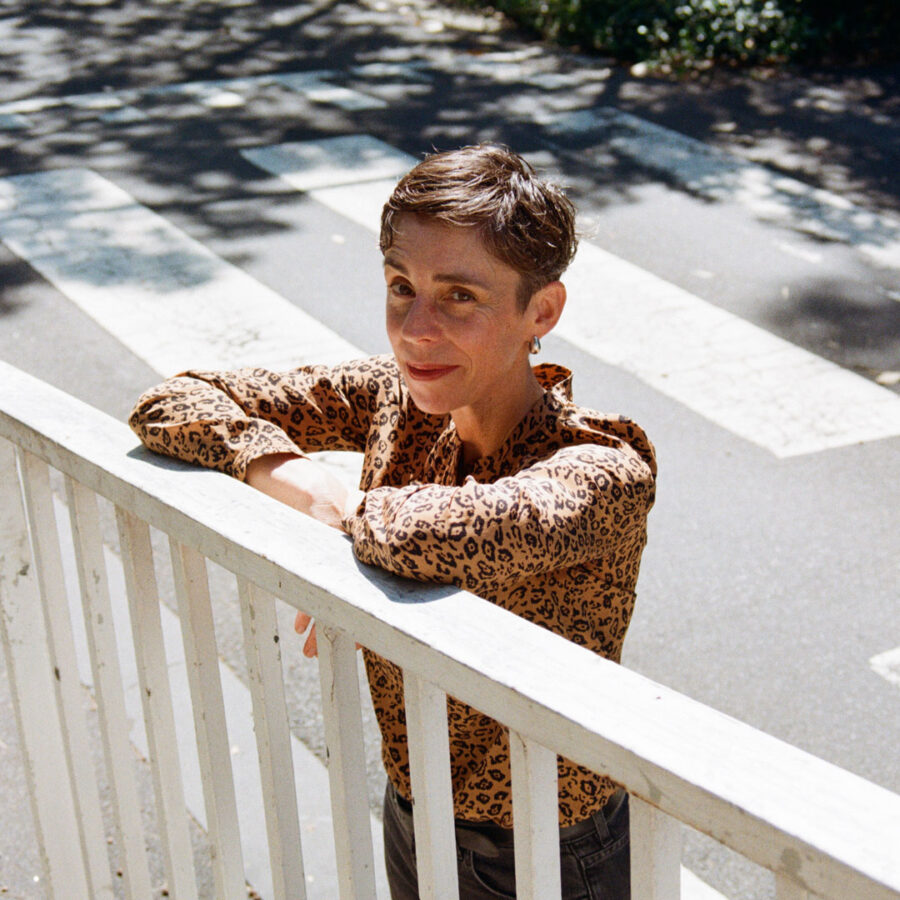
We know that Mitch Fifield loves the Pet Shop Boys. He confessed his love of 80s music to Patricia Karvelas on RN Drive the day after being sworn in as federal Minister for the Arts and Communication. Fifield has since had a busy week fending off questions on the future of the ABC, the Australia Council, and the nation’s copyright regime. As far as I know, no one has yet asked him to name his favourite Australian novel. Does he, like his predecessor George Brandis, enjoy bush ballads? Does he prefer the work of Les Murray to that of Dorothy Porter? Does he now or has he ever subscribed to Quadrant? Or Overland? Will he and Malcolm Turnbull schedule a dinner to discuss contenders for the PM’s Literary Awards? There haven’t been any leaks about public expenditure on his private library. All we have to help us form a picture of Fifield’s attitude to the literary world is a 2009 speech on parallel book importation.
As entertaining as the answers to these questions may be, the matters of import to the literary community do not turn on points of taste. An impressive pair of letters signed by hundreds of members of the literary community appeared in September gave expression to the major grievances: one raised several issues with the proposed Book Council of Australia and the other called for the demotion of George Brandis as Arts Minister. The form of these letters was just as significant as their content. After the announcement of a major restructure of arts funding in the 2015 Budget, a blizzard of open letters to the Arts Minister circulated. Why? Because the arts community had little faith in the consultation mechanisms established by Brandis – and no confidence that their views would be heard. Open letters aren’t drafted and signed by people whose legitimate stake in policymaking has been acknowledged. This crisis of confidence was acute in the literary community; historians of the future will be able to trawl the editorial pages of literary magazines and the social media feeds of writers, editors and publishers between May and September 2015 for evidence that a whole sector believed it had lost its voice.
There have been good vibrations from ‘Liberal Party sources’, whoever they are, that this latest round of the culture wars is over. Genial comments have been made by Fifield on the topic of ABC privatisation and he was also refreshingly frank in his RN interview about not being quite across the issues on copyright after only a few days into the job.
Fifield has offered no indication that funding transferred from the Australia Council to the National Program of Excellence in the Arts will be restored, nor has he given any hints that the quantum of arts funding will be increased. In view of the new Treasurer’s thesis that Australia is afflicted by overspending rather than undertaxing, optimism on this front is probably misplaced.
We may, however, be more hopeful about improvement when it comes to consultation and transparency. The brief and painful Brandis era of arts policy will be remembered for its utter failure in this regard. To list but a few examples: Australia Council chair Rupert Myer was only told of the cuts to his organisation on the afternoon the federal budget was delivered. Brandis declined to meet with representatives of the small and medium arts organisations most affected by his changes. Not only was the former Minister a no-show at the first hearing of the Senate inquiry into the effects of his reforms, no representative of the government appeared either. Journalists such as Ben Eltham, who has doggedly covered arts policy for Crikey, saw their requests for comment from the minister consistently rebuffed. It’s not as if the press releases were forthcoming either. Literary organisations (and many others) have been wondering for months whether they will be eligible to apply for NPEA funds and writers still have no idea what the Book Council means for them. To many, all this reflected a contempt for the sector and an indifference to the effects of policy change.
Ultimately, it weighs little whether Fifield prefers Madness to madrigals, New Romantics to German Romantics, Bryce Courtenay to Alexis Wright. If he can convince the sector that he’s willing to listen, if he can provide better channels for communication than open letters, he’ll have a headstart on his predecessor.
We hope Mitch Fifield, or at least one of his policy advisers, is a reader of the SRB. If so, the new Minister for the Arts will have the opportunity to read two essays devoted to new Australian novels: Lisa Gorton’s debut novel, The Life of Houses, is the subject of Kerryn Goldsworthy’s essay; in Wild Islands, Rachael Weaver discusses Geoffrey Day’s Archipelago of Souls, the Victorian author’s fourth novel. This week the second installment of Chris Fleming’s essay on drug addiction and acquisition also appears on the site. And from the archive, in the event that Fifield has any sentiment to let the market sort out the literary sector, I direct him to my colleague Ivor Indyk’s lengthy meditation on the genre currently dominating the bestseller lists: colouring books.
